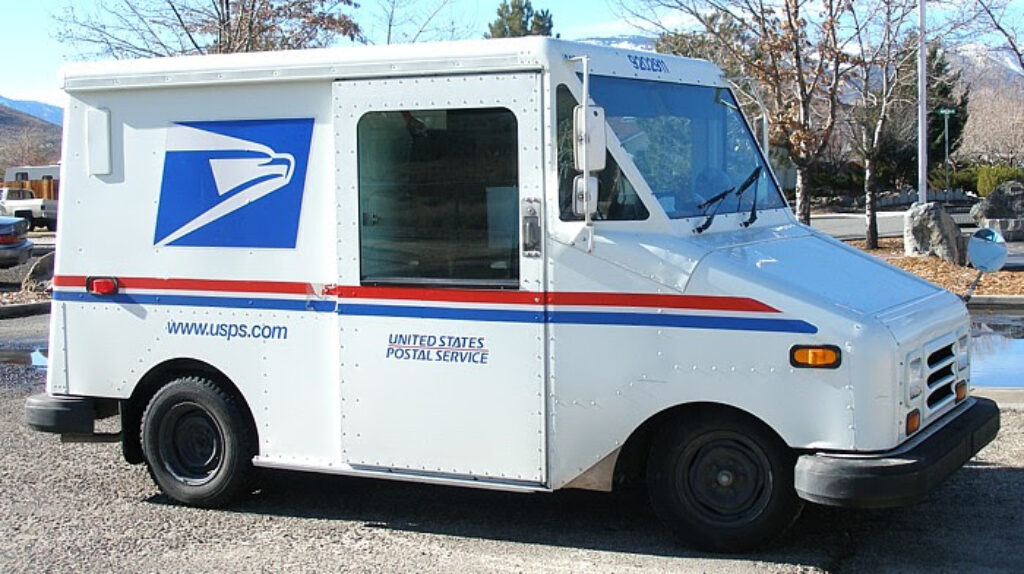It’s Labor Day Weekend again. I’ll be at a Labor Day picnic sponsored by one of the local political parties and attended by some of the local politicians. (Protecting the rights of nonreligious Americans is somewhat easier if you aren’t blatantly a member of one party or the other.) So in observance of Labor Day let’s take a look at the Supreme Court decision from last June on religious accommodations in the workplace.
In 2014 the United States Postal Service (the Post Office) began delivering packages for Amazon on Sundays. By 2019 the Post Office was making a $1.5 billion profit from this contract, which helps keep the price of stamps down when the volume of first-class mail has declined by half in the last 20 years. This was good for the Post Office but not for postal worker Gerald Groff who said that requiring him to work on Sundays violated his freedom to attend church.
Initially, there were enough workers on Sundays and Groff didn’t have to work but in 2016 a new union contract took effect that required him to be available on Sundays. His boss tried to find other carriers to cover for Groff and even delivered mail himself sometimes. He offered to schedule Groff later on Sundays so he could come in after church. Groff’s absences created a difficult atmosphere among his coworkers and led other mail carriers, most of whom were also churchgoing Christians, to transfer or resign. Eventually Groff also resigned and sued the Post Office.
The previous standard for businesses was that they didn’t have to make religious accommodations if doing so meant more than a minimal increase in costs, such as paying overtime. Last June the Supreme Court ruled that this standard was too low. A business must now suffer a substantial increase in costs before it can deny a religious accommodation.
Of course not every employer is a business and not every day of religious observance is on a Sunday so this ruling is opening a Pandora’s Box of disputes over whether the employer’s hardship would be substantial if the religious employee’s request is granted. It extends beyond time off to other issues such as daily prayers and hijabs for Muslims and beards for Sikhs. Minority faiths are pleased with the ruling because their accommodation requests have often been denied.
This Supreme Court is known for being pro-business and pro-religion so this case could have been a tough call. However the decision was unanimous, so I can’t complain about it too much, but I will. Religious workers, or 70 percent of the population, can get preferential treatment at work that nonreligious workers cannot.
When more people get time off for religious purposes, who is going to have to pick up the slack? Nonreligious workers. Do you think Macy’s will just decide to have fewer registers open on Sundays when it’s the biggest sale of the season? Will the Cheesecake Factory, America’s last remaining domestic industry, just go with fewer servers? I doubt it. Nonreligious workers will be told they are on the schedule. And apparently just putting “weekend work required” on a job description will not be sufficient to compel religious workers to work on Sundays. But maybe that’s a court case for another year.


